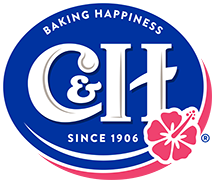
Categories: baking / faq / everyday baking
- When making meringues, always cook egg whites to avoid salmonella poisoning.
- Don’t use packaged egg whites to make meringue. The pasteurization process can prevent egg whites from forming a stable meringue.
- Use fresh egg whites. Old egg whites tend to collapse when other ingredients are folded in, and they don’t rise well in the oven.
- Use eggs at room temperature. Cold egg whites tend to reduce meringue volume.
- Never let any yolk get into the whites.
- Don’t overbeat egg whites. (Overbeaten egg whites will look hard, lumpy or dry). When whipping egg whites, always start your mixer on medium-low to medium speed. Beat them until foamy and increase the speed to medium-high and then to high. If the egg whites are beaten too quickly at the beginning, the structure of the foam will not be as strong, and later the egg whites will not beat as high as they should.
- A small amount of cream of tartar or vinegar can be added to the mixture at the beginning of whipping to help stabilize the foam and make it less likely to collapse.
- Don’t use plastic bowls—they can retain a film of fat from previously mixed or stored items that can deflate the meringue.
- Don’t make meringues on humid days. Humidity causes meringues to be sticky and chewy.
- Bake meringues at low temperatures because they tend to brown quickly.
- Leave hard meringues in the oven after baking so they will cool slowly and not crack.
- Meringue pie should be refrigerated in a cake dome.
- Baked meringues should be stored in airtight, moisture-free containers. They can usually keep up to a month in the freezer.






